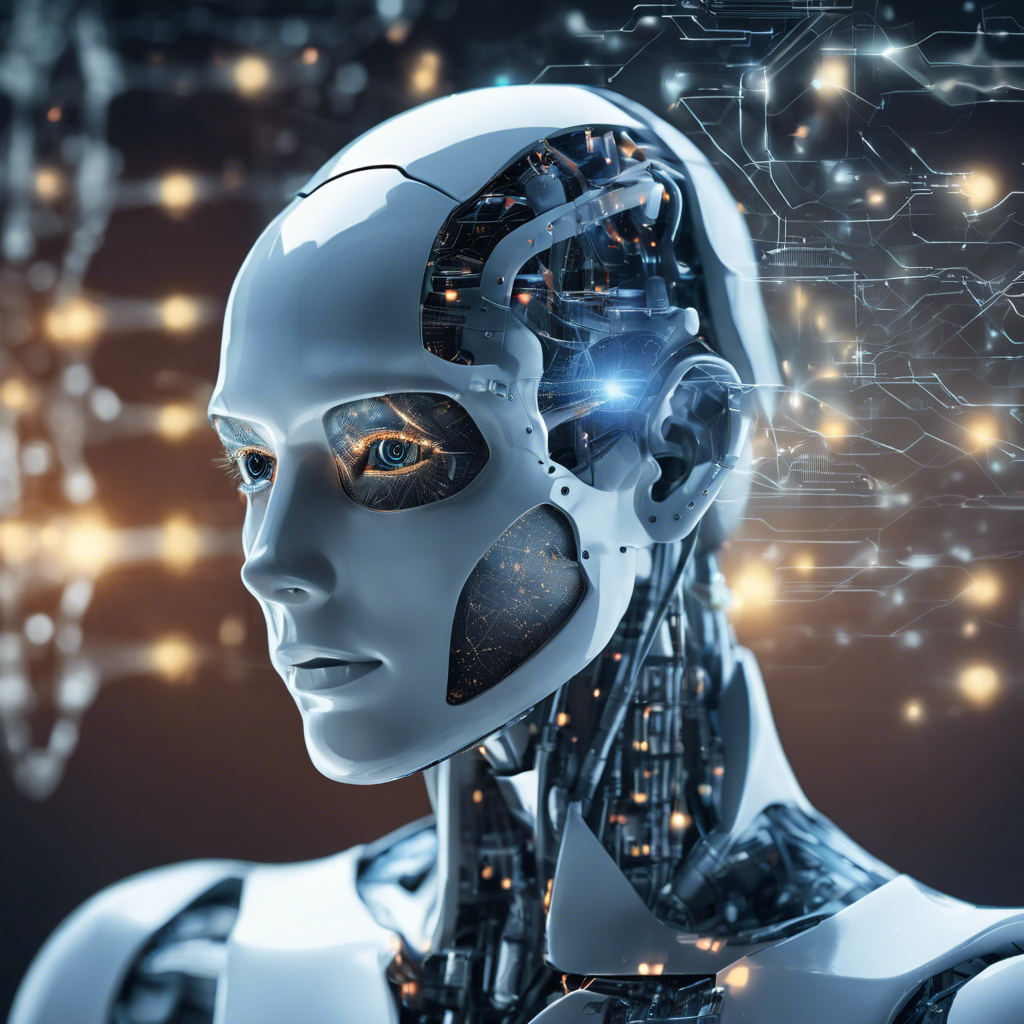The Rise of Artificial Intelligence: Transforming Industries and Shaping the Future

https://www.youtube.com/watch?v=2ofpQpkgReg
How AI is Revolutionizing Various Sectors and Reshaping the World
Artificial Intelligence (AI) has emerged as a transformative force, revolutionizing industries and reshaping the world as we know it. From healthcare to finance, transportation to entertainment, AI is making its mark in diverse sectors, offering unprecedented opportunities and challenges. With its ability to analyze vast amounts of data, learn from patterns, and make autonomous decisions, AI is driving innovation, efficiency, and productivity. In this article, we will explore the multifaceted impact of AI across different industries, highlighting its potential and examining the ethical considerations it raises.
1: Healthcare: Revolutionizing Diagnosis and Treatment
AI is revolutionizing the healthcare industry, empowering doctors and medical professionals with advanced tools for diagnosis and treatment. Machine learning algorithms can analyze medical images, such as X-rays and MRIs, with remarkable accuracy, aiding in the detection of diseases like cancer at an early stage. AI-powered chatbots are providing personalized healthcare advice and support, enhancing patient care and reducing the burden on healthcare providers. However, concerns about data privacy and the potential for bias in AI algorithms must be addressed to ensure equitable access to healthcare for all.
2: Finance: Enhancing Efficiency and Risk Management
In the world of finance, AI is transforming the way we manage money, making transactions faster, more secure, and efficient. AI-powered chatbots and virtual assistants are providing personalized financial advice, helping individuals make informed investment decisions. Machine learning algorithms are analyzing vast amounts of financial data, detecting patterns, and predicting market trends, enabling more accurate risk assessment. However, the rise of AI in finance also raises concerns about job displacement and the need for robust regulations to prevent algorithmic biases and unethical practices.
3: Transportation: Revolutionizing Mobility and Safety
The transportation industry is undergoing a seismic shift with the advent of AI. Self-driving cars and autonomous vehicles are set to revolutionize mobility, reducing traffic congestion, and improving road safety. AI-powered navigation systems optimize routes, saving time and fuel. Moreover, AI algorithms are being used to predict maintenance needs, reducing downtime and improving the overall efficiency of transportation networks. However, ethical dilemmas arise when it comes to the decision-making process of autonomous vehicles in potentially life-threatening situations.
4: Entertainment: Personalizing Experiences and Creativity
AI is also making its mark in the entertainment industry, transforming the way we consume and create content. Streaming platforms use AI algorithms to recommend personalized content based on individual preferences, enhancing user experience. AI is also being used to generate music, art, and literature, blurring the boundaries between human creativity and machine intelligence. However, concerns about copyright infringement and the potential loss of human artistry and originality need to be carefully addressed.
Conclusion:
As AI continues to advance and permeate various sectors, its transformative power cannot be ignored. From healthcare to finance, transportation to entertainment, AI is reshaping industries, offering unparalleled opportunities for innovation and efficiency. However, ethical considerations such as data privacy, algorithmic bias, job displacement, and the preservation of human creativity must be carefully navigated. As we embrace the potential of AI, it is crucial to strike a balance between harnessing its power and ensuring that it serves the greater good of humanity. Only then can we truly leverage AI’s potential to shape a better future for all.

